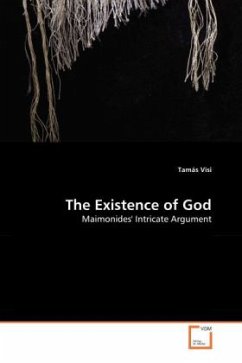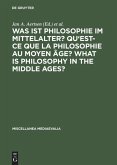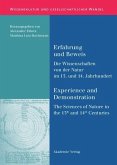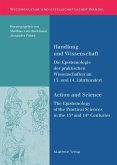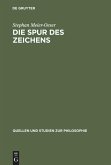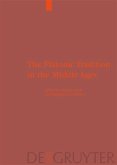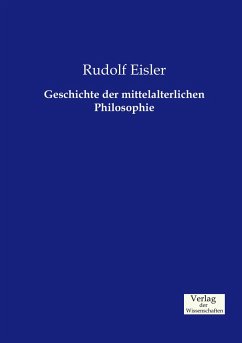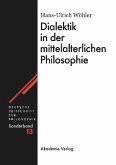Historians of medieval Jewish philosophy have longdebated what, if anything, the esoteric message ofMoses Maimonides' (1138-1204) philosophical work, TheGuide of the Perplexed, was. Apparentself-contradictions in Maimonides' text led scholarsto speculate about the dissident if not hereticopinions that the medieval Jewish philosophersecretly held without stating them openly.This study claims that the central enterprise ofMaimonidean thought was not the esoteric acceptanceor refusal of religious dogmas but developing aconsistent argument to prove God's existence. Thistask was far more difficult (and interesting) than itis usually assumed in secondary literature.Maimonides' proofs for God's existence are seeminglynot consistent with his argumentation to prove thecreation of the world. Eliminating this inconsistencywas one of the greatest challenges for Maimonideanphilosophy and theology.The analysis attempted here sheds light on thevarious ways Maimonides and some of his medievalreaders tried to cope with the problem and maybenefit not only students of medieval Jewishphilosophy alone but anyone interested in thequestion whether God exists.
